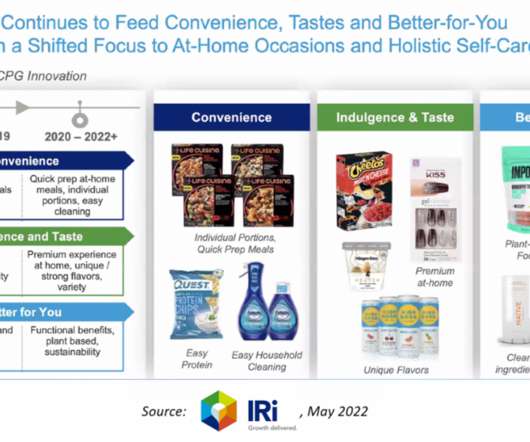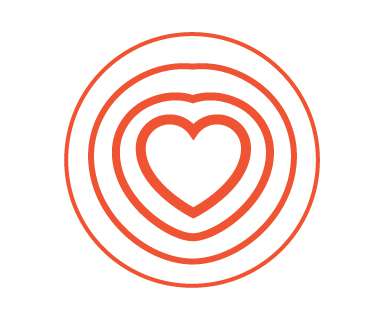Millennials want convenient care
KevinMD
OCTOBER 27, 2018
The Kaiser Health News article, " Spurred By Convenience, Millennials Often Spurn The ‘Family Doctor’ Model ," caught my eye.

KevinMD
OCTOBER 27, 2018
The Kaiser Health News article, " Spurred By Convenience, Millennials Often Spurn The ‘Family Doctor’ Model ," caught my eye.

Health Populi
MAY 5, 2022
Health Populi’s Hot Points: Our homes have morphed into our health hubs, as we have undergone our personal brands of digital transformation, taking on more DIY tasks (baking, cooking, home renovation), and to be sure, self-care medical care.
This site is protected by reCAPTCHA and the Google Privacy Policy and Terms of Service apply.

KevinMD
DECEMBER 27, 2018
The article is filed under the keywords “AI,” “Watson,” “health,” “health care,” and “Doctor: This product is a piece of s**t.” Over the course of several years, IBM’s fledgling Watson for Oncology program has received a wide range of reviews. Among them is a harsh critique published by Gizmodo.

Health Populi
FEBRUARY 26, 2019
Considering the “poor health” bar in the graph, we can see the opportunity for telehealth and home visits to people who may have mobility and other challenges leaving the home space. Why should that be, in a physical sense?

KevinMD
FEBRUARY 21, 2018
Health care is obsessed with new technology. Every week, a new article comes out promising disruption of medical care as we know it through personalized genetic therapy, app extensions that transform smartphones into ultrasounds or autonomous surgical robots.

Healthcare IT Today
JANUARY 15, 2025
Pramila Srinivasan, CEO at CharmHealth As the nation faces an increasing shortage of primary care providers, especially in rural and underserved areas, healthcare technology is set to undergo a transformation that will redefine how patients access care. We could not do this without all of your support.

Health Populi
MARCH 12, 2020
They are likely to stay there,” asserts “ The smartphone will see you now ,” an article in the March 7th 2020 issue of The Economist. The article returns to the advent of the SARS epidemic in China in 2003, which ushered in a series of events: people stayed home, and Chinese social media and e-commerce proliferated.
Let's personalize your content